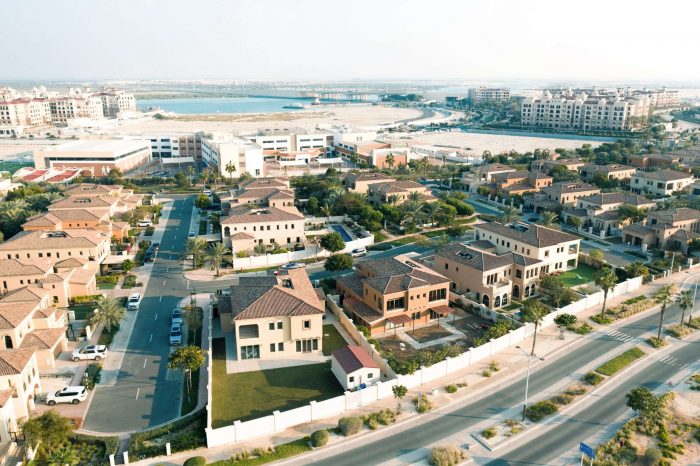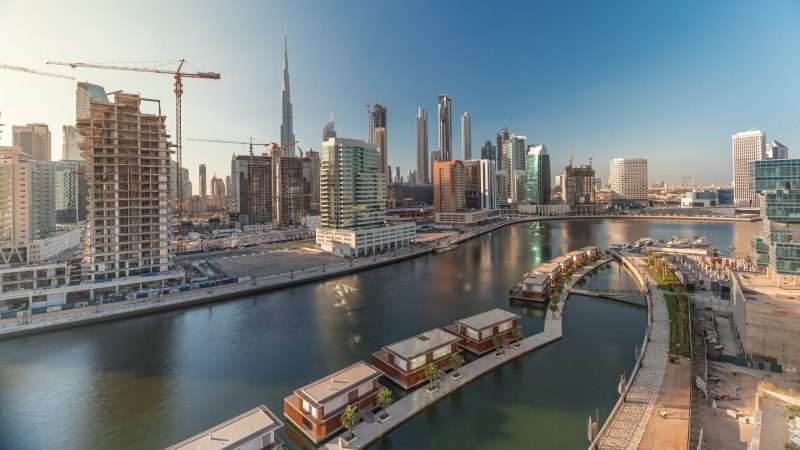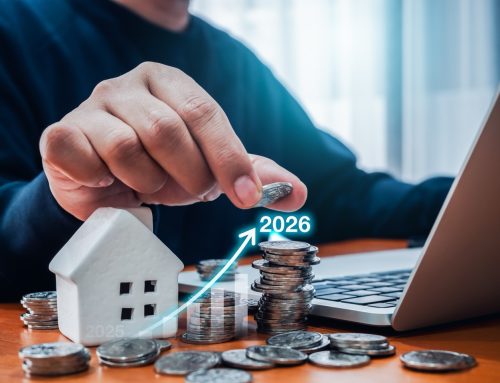Should I Invest in Residential or Commercial Real Estate in the UAE?

The UAE has become one of the world’s top destinations for property investment. With strong economic growth, investor-friendly policies, and a thriving rental market, the question many investors ask is: Should I invest in residential or commercial real estate in the UAE?
Both sectors offer attractive opportunities, but the right choice depends on your budget, goals, and risk appetite. We’ll break down the facts, benefits, and things to consider for both options to make your decision easier and clearer.

Residential Real Estate in the UAE
Residential real estate includes properties designed for people to live in, such as single-family homes, condos, apartments, and townhouses. This type of real estate is often the starting point for new investors because of its simplicity and steady demand.
Why Choose Residential Real Estate?
- High and Steady Demand: The UAE’s growing population and large expatriate community need homes, leading to consistent rental demand.
- More Affordable Entry: Residential properties generally require lower initial investments, making them suitable for first-time investors.
- Easier Management: Residential tenants usually involve less complex management compared to businesses.
- Popular Locations: Dubai Marina, Downtown Dubai, and Abu Dhabi’s Al Reem Island offer strong rental markets and modern living spaces.
Things to Know:
- Rental yields tend to be moderate, around 5% to 7%.
- Leases are shorter, so tenant turnover might be more frequent.
- The residential market in Dubai offers no income or capital gains taxes, boosting net returns.

Commercial Real Estate in the UAE
Commercial real estate includes office buildings, retail spaces, warehouses, and multifamily apartment complexes with five or more units. It’s geared more toward business use rather than individual living.
Why Choose Commercial Real Estate?
- Higher Rental Yields: Commercial investments often yield between 8% and 12%, higher than residential.
- Longer Leases: Businesses usually sign long-term leases (3 to 10 years), ensuring stable and predictable income.
- Professional Tenants: Commercial tenants tend to maintain the property well, which can reduce maintenance issues.
- Prime Locations: Business Bay, Dubai International Financial Centre (DIFC), and Jebel Ali Free Zone are key commercial hubs.
Considerations:
- Higher upfront costs and maintenance expenses.
- Market sensitivity to economic changes can affect occupancy and returns.
- Leasing and management are more complex than residential.

Factors to Consider When Investing in UAE Real Estate
- Investment Budget: Residential investments start lower; commercial investments require bigger capital.
- Risk Appetite: Commercial real estate may offer higher returns but includes more risks.
- Management Style: Residential may require more tenant turnover management, while commercial needs handling business lease contracts.
- Location: Dubai leads the market with strong growth; Abu Dhabi and emerging emirates like Sharjah offer affordable options with good potential.
- Government Incentives: Tax-free returns, Golden Residence visas, and flexible payment options boost the UAE real estate appeal.
Which Real Estate is Best in the UAE for 2025?
- For investors seeking low entry costs and ease of management with steady demand, residential real estate is an excellent choice.
- For those looking for higher returns and longer income stability, and who are comfortable with bigger investments and complexity, commercial real estate is attractive.
Both types benefit from the UAE’s strong economy, investor-friendly laws, and growing market. Thorough research and understanding your personal investment goals are key to success.
The UAE real estate market is open and rewarding for both newcomers and seasoned investors. Whether choosing residential or commercial property, the time to invest is now to capitalize on the country’s rapid growth and visionary economic plans.
If personalized advice or help navigating the UAE market is needed, professional consultation can make investing simpler and more profitable.





